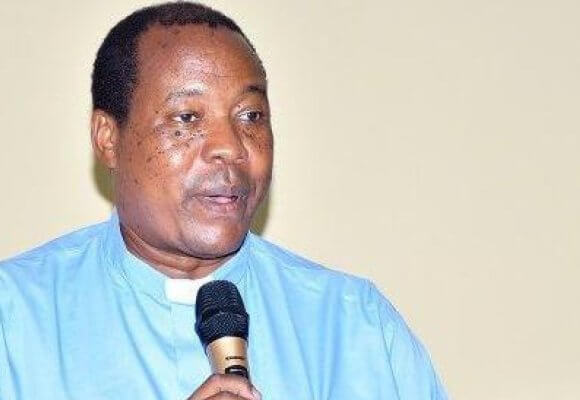Ghana’s Supreme Court dismissed two challenges against a contentious anti-LGBTQ bill Wednesday December 18, 2024, effectively paving the way for the proposed legislation to become law. The ruling has drawn both domestic approval and international condemnation.
The bill, officially titled the Sexual Rights and Family Values Bill, was passed by parliament in February after years of debate. It proposes severe penalties, including up to three years in prison for engaging in same-sex relations and up to five years for promoting or funding LGBTQ activities. Despite its controversial nature, the bill enjoys widespread support among Ghanaians, reflecting the deeply rooted conservative and religious values in the predominantly Christian country.
The Supreme Court’s seven-member panel, led by Judge Avril Lovelace-Johnson, ruled that it would be premature to intervene in the legislative process. “Until there is presidential assent to the bill, there is no act of which the Supreme Court will use its supervisory jurisdiction to overturn,” Judge Lovelace-Johnson stated. The court rejected cases filed by broadcaster Richard Dela-Sky, who argued the bill was unconstitutional, and academic Amanda Odoi, who sought to block its submission for presidential ratification.
The court’s decision marked a significant milestone for the bill, which had been delayed since its introduction to parliament in 2021. Opposition to the bill had come from various quarters, including human rights organizations, the United Nations, and foreign governments, particularly the United States. Critics warned that the legislation could harm Ghana’s international standing and jeopardize financial aid, with the finance ministry expressing concerns about losing billions in World Bank funding.
The bill now awaits the signature of Ghana’s outgoing president, Nana Akufo-Addo, or his successor, John Mahama, who won the December 7 elections. Akufo-Addo, who stepped down on January 7 after serving two terms, had previously stated that he would defer his decision until the Supreme Court’s ruling. Mahama, during his electoral campaign, expressed strong support for the bill, aligning himself with its popular appeal.
Ghana has long criminalized gay sex under colonial-era laws, although prosecutions have been rare. Discrimination against LGBTQ individuals is pervasive, driven by strong cultural and religious beliefs. The introduction of the bill in 2021 intensified debates about human rights and sovereignty, with proponents arguing it reflects Ghanaian values and critics cautioning against institutionalizing discrimination.
Globally, over 60 countries criminalize same-sex relations, with nearly half located in Africa, according to the International Lesbian, Gay, Bisexual, Trans and Intersex Association (ILGA).











LEAVE A COMMENT
You must be logged in to post a comment.